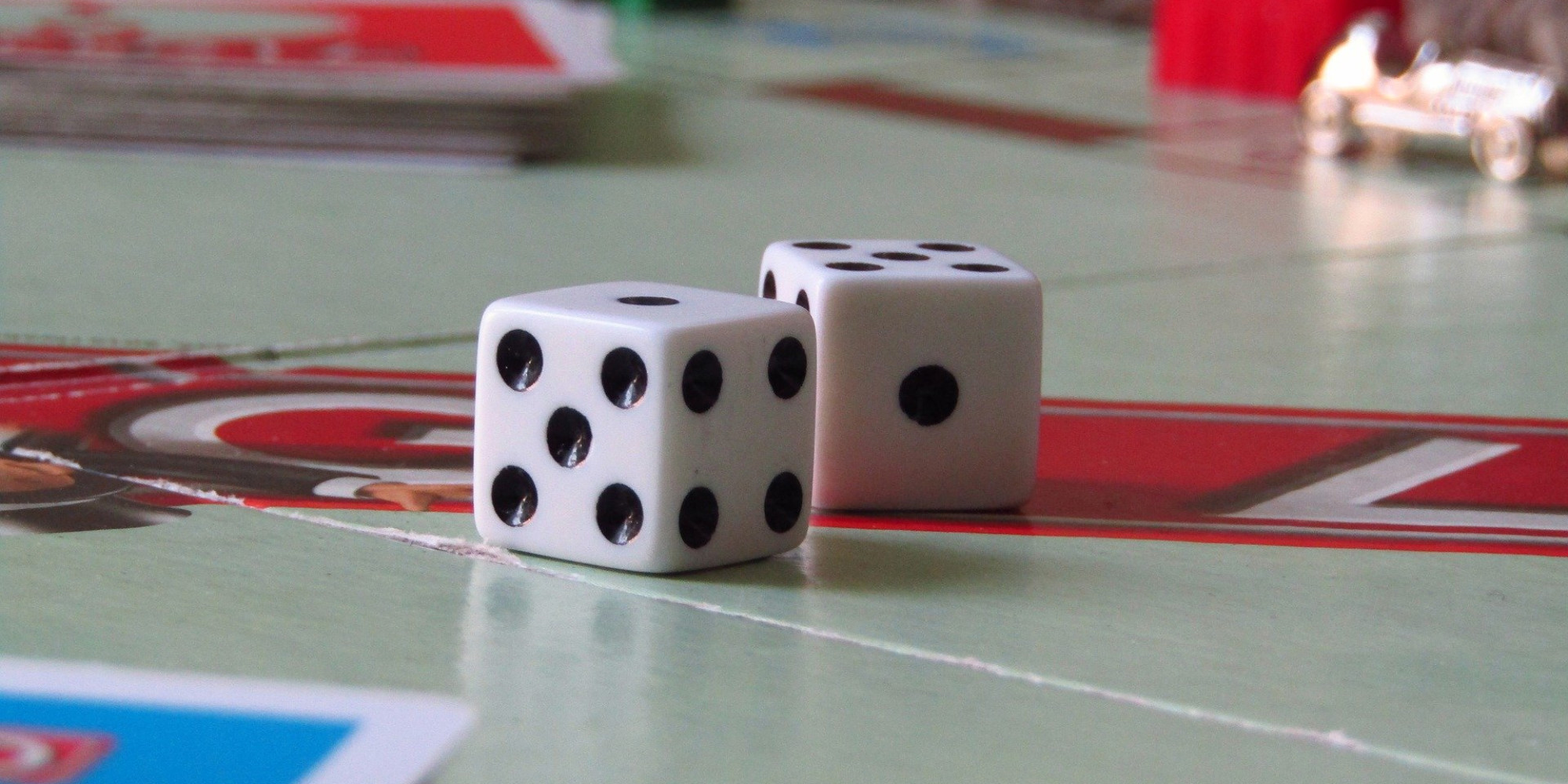In "Historically yours", the chronicler of Europe 1 David Castello-Lopes looks back on the origins of Monopoly.
The invention of this famous game has long been attributed to Charles Darrow, in the 1930s. But the true origins of this classic of winter tables go back to the beginning of the 20th century.
Every day in
Historically yours
, David Castello-Lopes looks back on the origins of an object or a concept of everyday life.
On Tuesday, he looked at the roots of one of the world's most popular board games, which have thrilled young and old for decades: Monopoly.
"I had forgotten Monopoly a bit, so I spent three hours playing it the other day, to remember the game a bit. And it's still a very violent game, where l 'you spend an hour and a half patiently accumulating wealth that you are proud of, and bang, a roll of the dice, and you lose all of your money, your houses, your hotels. So of course, it's for to laugh, but it still gives an idea of what it's like when it's not for fun, and you wonder who came up with the idea for this cruel game.
>>
Find the shows of Matthieu Noël and Stéphane Bern in replay and podcast here
For a long time, the history of the creation of Monopoly was as follows: in the early 1930s, in the United States, it was economic depression.
So there is no money, no future, no work.
And there, in Atlantic City, a certain Charles Darrow, who is unemployed, said to himself one day: 'What could I invent?'.
And he invents Monopoly.
He goes to see a game manufacturer, Parker Brothers, who markets his game. The latter is a hit, and Darrow becomes a millionaire, just like the manufacturer.
Several versions in the 1930s
This story has long been printed on the rules of the Monopoly game and inserted into every box.
So that was the official story of Monopoly.
In fact, only part of the story is true.
Charles Darrow did come to see Parker Brothers, really sold them the concept of the game of Monopoly, and really became a millionaire.
But he wasn't the one who invented the game.
In the 1930s, the game was already circulating in many academic circles on the East Coast of the United States.
There were several versions.
In fact, Charles Darrow took one of those versions, tweaked it a bit, and sold it like he invented it.
But who really invented Monopoly?
It's a lady called Lizzy Maggie Philips.
This early 20th century feminist activist in the United States released her game thirty years before Darrow, in 1904. At the time, it wasn't called Monopoly, but the owner's game.
It was basically the same principle: properties that we bought, the monopoly bonus, small houses, tickets, etc.
Lizzy Magic's game was copied in every way, and she only got $ 500 for her game, a far cry from Charles Darrow's millions.
A critique of the excesses of capitalism
Another interesting point is that most people don't see Monopoly as a bit of an ideological game.
Basically, it's a game that says 'this is what happens when you give free rein to capitalism'.
This creates monopolies and therefore a small part of the people end up having all the wealth.
Obviously, all of this is more complicated in real life.
But the important thing is that this idea of play as a manifesto was really at the heart of what Lizzy Magie wanted to do with her owner's play.
Because at the end of the 19th century in the United States, this is the first time that there are a small number of capitalist families who really control a large part of the wealth and infrastructure of the country.
It was the era of Carnegie in steel, Vanderbilt in railroads, Rockefeller in oil, etc.
And Lizzy Magie thought it wasn't right that these people were in control of so many resources.
And his game was made precisely to try to demonstrate that.
Big difference with today's Monopoly: you could decide to play with anti-monopoly rules.
In this case, the rents did not go to a particular player, but were put in a common pot.
Which was a lot less cruel than the normal rules, but also a lot less funny.
And that's probably why it didn't take. "

